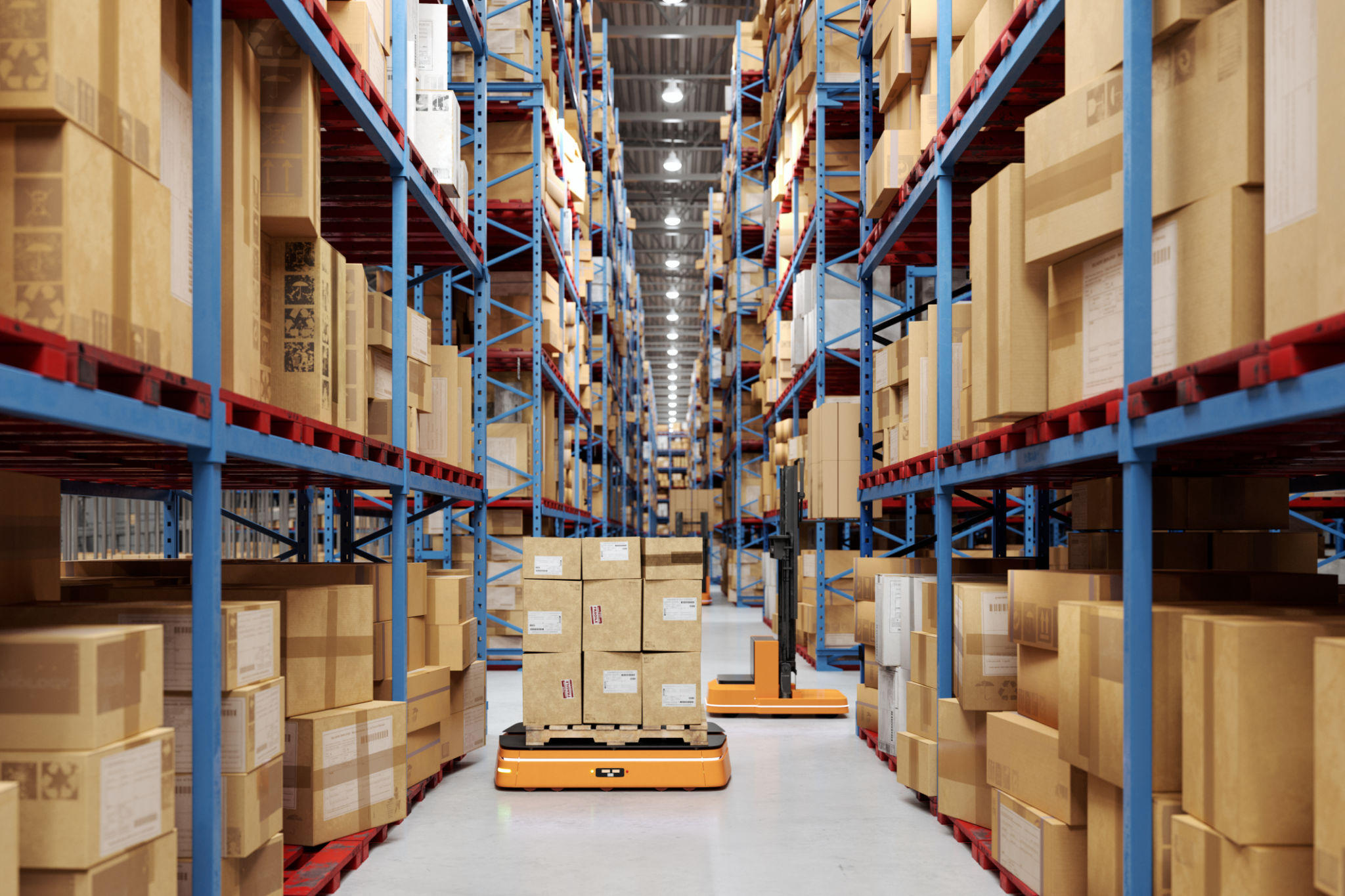Harnessing Technology-Driven Logistics Solutions: The Future of Freight
The Revolution in Freight Logistics
In today's fast-paced global market, the logistics industry is undergoing a significant transformation. The integration of technology-driven solutions is not just enhancing efficiency but also redefining the future of freight. From AI-powered algorithms to blockchain security, these innovations are reshaping how goods are transported across the globe.

With the rise of e-commerce, consumer expectations have shifted dramatically. Rapid delivery and real-time tracking have become standard demands. Leveraging technology is no longer an option but a necessity for freight companies to stay competitive.
AI and Machine Learning: The Game Changers
Artificial Intelligence (AI) and Machine Learning (ML) are at the forefront of this transformation. By analyzing vast amounts of data, these technologies can predict demand, optimize routes, and reduce fuel consumption. This not only saves money but also minimizes environmental impact.
AI-driven tools can forecast potential disruptions in the supply chain, allowing companies to proactively mitigate risks. This predictive capability ensures that shipments arrive on time, enhancing customer satisfaction.
The Role of IoT in Real-Time Tracking
The Internet of Things (IoT) is another groundbreaking development in logistics. IoT devices provide real-time data on the location and condition of goods, offering unprecedented visibility across the supply chain. This transparency is crucial for managing inventory and reducing losses due to damage or theft.

Furthermore, IoT technology facilitates better communication between various stakeholders, ensuring seamless coordination and faster response times in case of any issues.
Blockchain: Ensuring Security and Transparency
Blockchain technology is playing a pivotal role in enhancing the security and transparency of logistics operations. By creating an immutable ledger, blockchain ensures that all transactions are transparent and tamper-proof. This builds trust among partners and reduces the chances of fraud.
Moreover, smart contracts powered by blockchain can automate processes, reducing paperwork and speeding up transactions. This efficiency is essential in an industry where time is of the essence.

The Future: Autonomous Vehicles and Drones
Looking ahead, the use of autonomous vehicles and drones is set to revolutionize freight logistics further. These technologies promise to reduce labor costs and increase delivery speed, especially in remote or hard-to-reach areas.
While regulatory and safety concerns are still being addressed, the potential benefits of autonomous technology are undeniable. Companies that embrace these innovations early will likely gain a significant competitive advantage.
Conclusion: Embracing the Change
The future of freight logistics is bright, driven by technological advancements that promise to enhance efficiency, security, and customer satisfaction. Companies that invest in these technologies now will be well-positioned to lead the industry in the coming years.
As we move forward, embracing technology-driven solutions will not only meet the growing demands of the market but also pave the way for a more sustainable and innovative logistics landscape.
